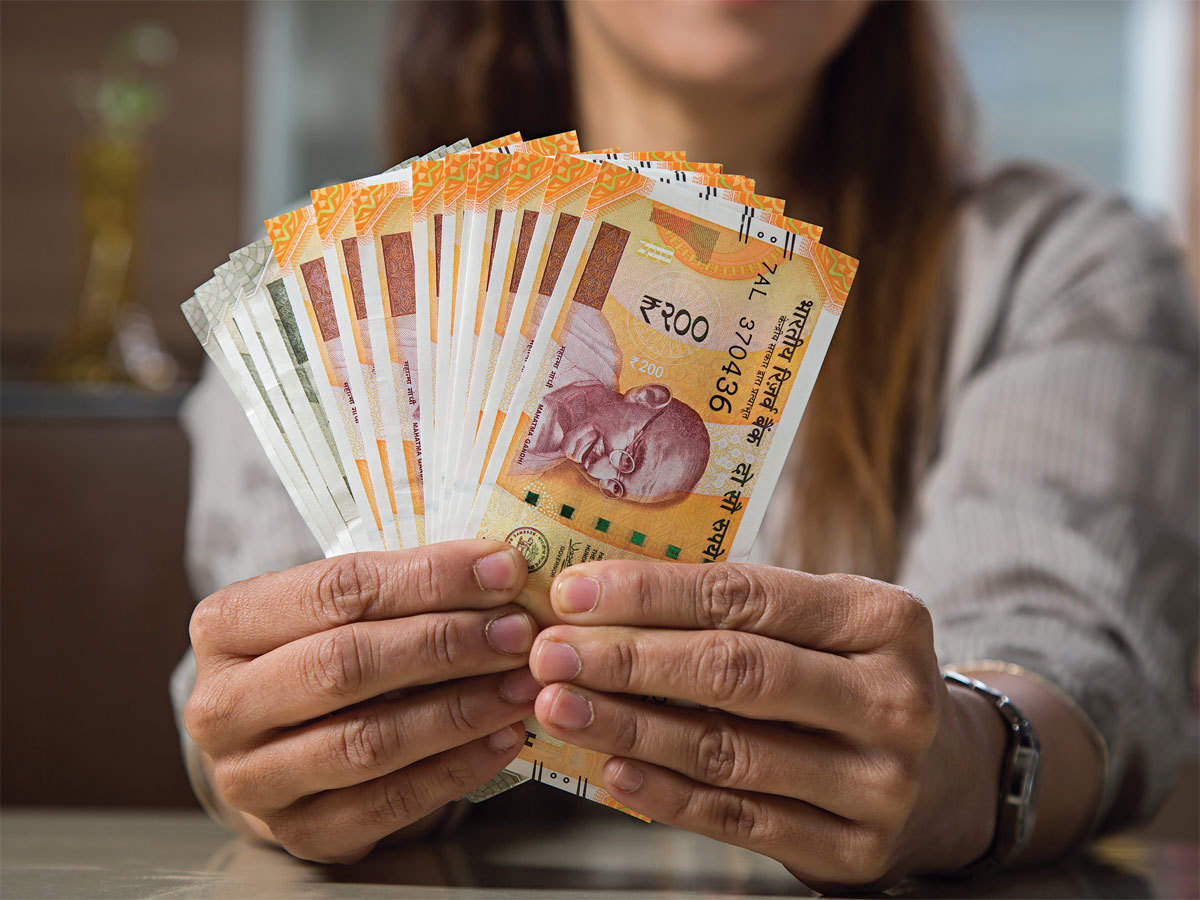The government may have reversed its decision to reduce interest rates on small savings accounts, but bank depositors continue to lose money.

The government may have reversed its decision to reduce interest rates on small savings accounts, but bank depositors continue to lose money. The tenth consecutive month of negative actual returns on fixed deposits was February (FDs). While some lenders, such as the State Bank of India (SBI) and the Housing Development Finance Corporation (HDFC), have increased deposit rates in recent months, the monetary policy review next week will decide the rate’s future direction.
The return on a one-year retail term deposit with SBI adjusted for tax and inflation stood at -1.53% in August. A one-year deposit with the country’s largest lender earned interest at the rate of 5%, which works out to a 3.5% effective yield, assuming a tax rate of 30%. A headline consumer inflation rate of 5.03% resulted in a negative return for the depositor. Depositors lose relatively less now as inflation has eased from the highs seen in the latter half of 2020 and repo rate cuts have not happened.
After the February monetary policy, Reserve Bank of India (RBI) governor Shaktikanta Das had fielded a question on whether the central bank’s focus on the “orderly evolution of the yield curve” was hurting savers. He had pointed to the small savings schemes as an investment avenue. “When the banks are reducing their lending rates, naturally, part of it also goes to the savers. We must also recognise that the small savings schemes, which the government runs or the RBI deposits schemes which we run, are other avenues and small investors, small savers can use those facilities,” he said.
In January, SBI raised its one-year FD rate by 10 bps to 5% and HDFC recently raised deposit rates by up to 25 bps. Few others have moved rates upwards so far. Moreover, the shadow of inflation looms large, with some monetary policy committee (MPC) members having expressed their concerns around it. In a note on Wednesday, Moody’s Investors Service said inflation has been benign through much of Asia, but this may be set for a change. “India and the Philippines are exceptions. In these economies, inflation is above comfort levels, adding to the list of challenges for policymakers,” Moody’s said.
Deposit returns have been negative, resulting in a decrease in household savings. In a counter-seasonal manner, the household financial savings rate fell to 10.4 percent of GDP in Q2FY21 from 21 percent in Q1, according to an article in the RBI’s March bulletin, as consumption increased following the removal of lockdowns and other restrictions.




